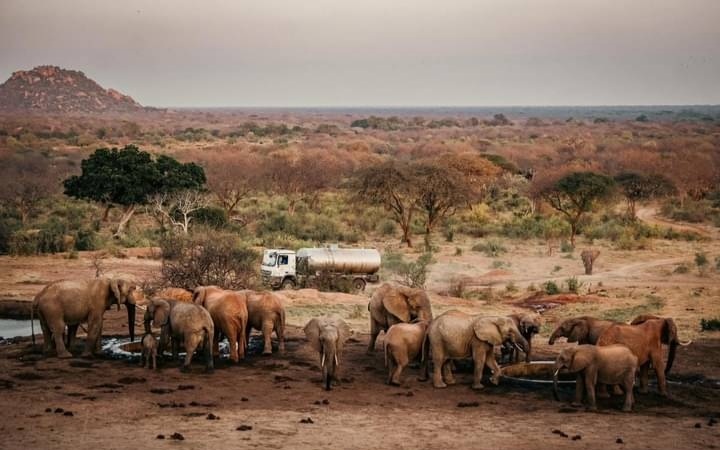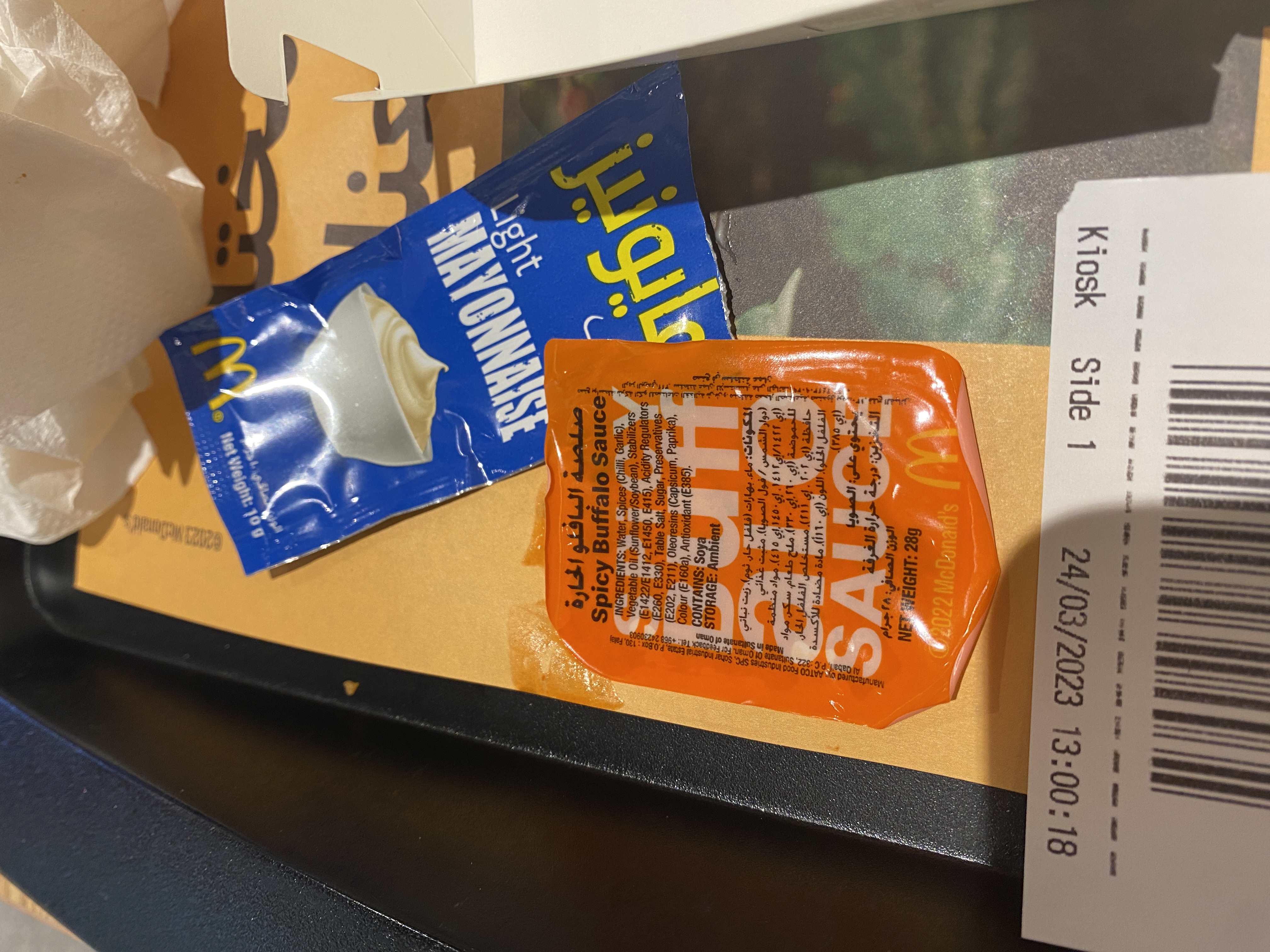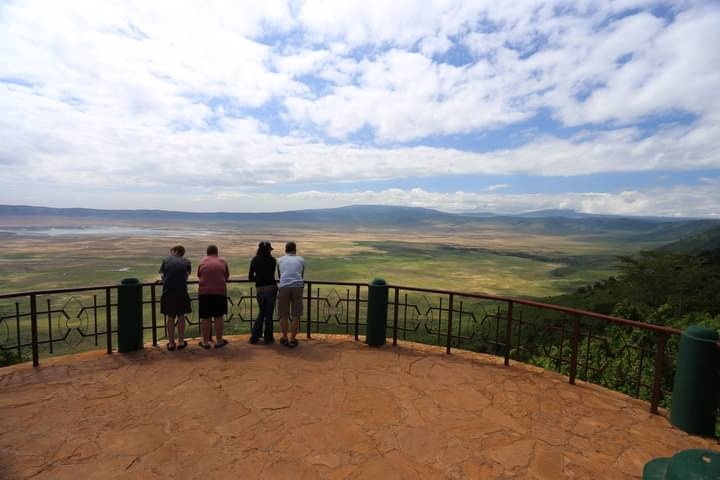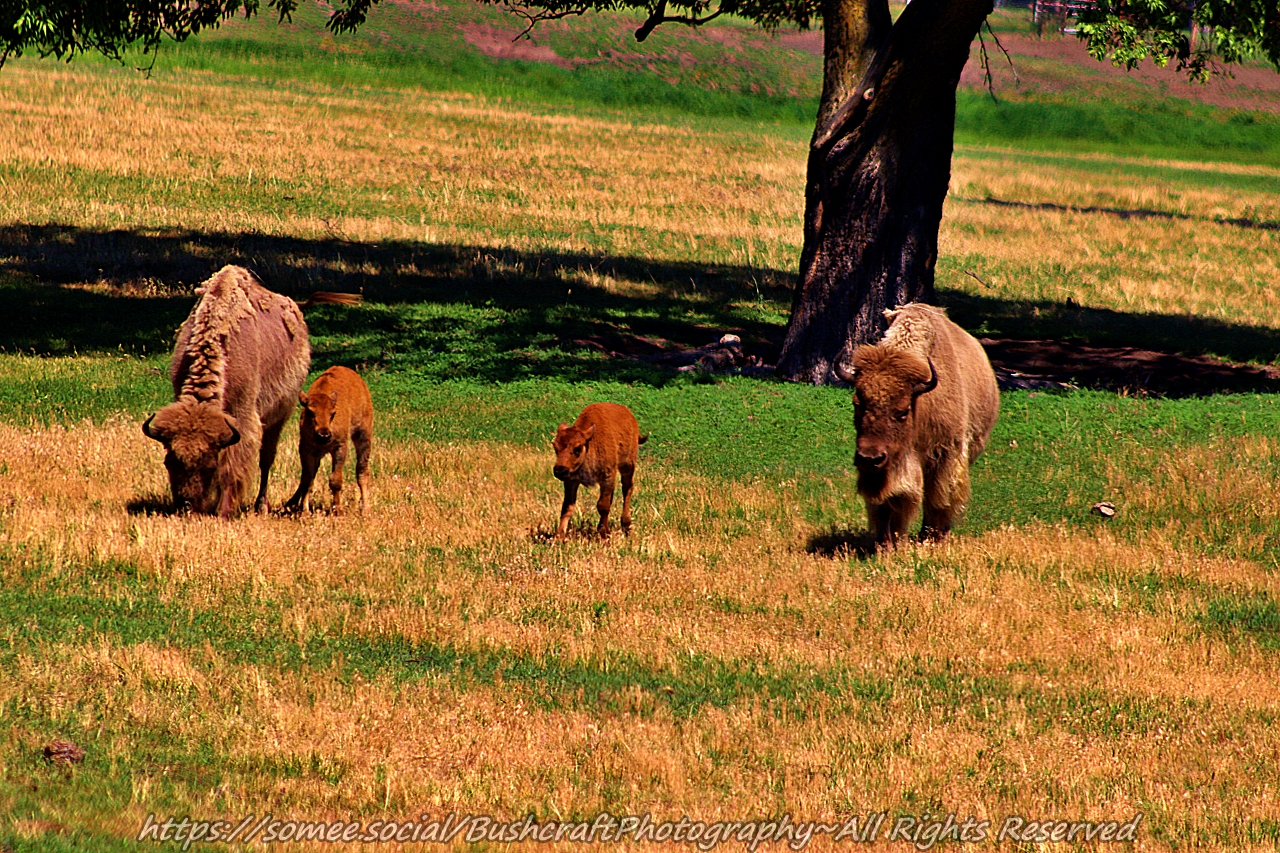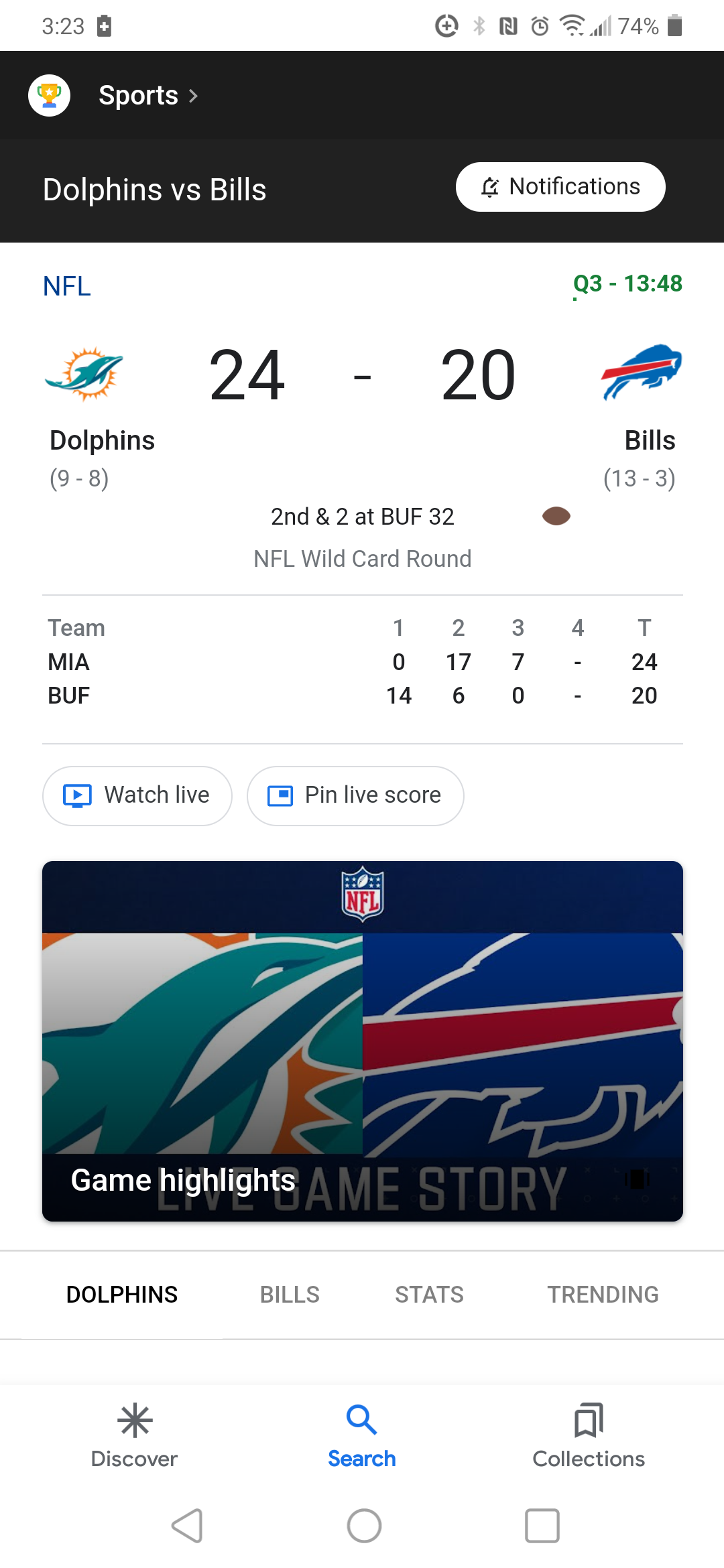Cockroach Milk: A Promising Superfood or Nothing but Hype?
The term “superfood” has become quite popular in recent years.
Nutritionally speaking, there is no such thing. However, certain foods have been called superfoods for marketing purposes if they are considered nutrient-rich and have been associated with health benefits.
Recently, cockroach milk has been coined as an up-and-coming superfood, as it’s said to be incredibly nutritious and healthy.
This article explains what cockroach milk is, including its possible benefits and drawbacks.
CockroachesShare on Pinterest
Cockroach milk is a protein rich, crystallized substance produced by a specific type of cockroach called Diploptera punctata (1Trusted Source).
This species is unique because it gives birth to live offspring. Members make “milk” in the form of protein crystals to serve as food for their developing young (1Trusted Source).
In recent years, scientists have discovered that this milk-like crystalline substance is nutritious and considered a complete food, as it’s a good source of protein, carbs, and fats.
Additionally, cockroach milk is considered a complete protein source, as it provides all nine essential amino acids — the building blocks of protein that can only be attained through your diet (2Trusted Source).
This fact is important because most non-meat foods lack one or more of the nine essential amino acids, which is why cockroach milk has gained buzz as a nondairy milk alternative (2Trusted Source).
However, harvesting this milk-like substance is currently a labor-intensive process. It involves killing a female cockroach and her embryos once it begins to lactate and then harvesting the crystals from its midgut (3).
According to one of the co-authors of a popular study on cockroach milk, it’s currently infeasible to mass-produce cockroach milk. The co-author estimates that it would take killing more than 1,000 cockroaches to make just 3.5 ounces (100 grams) of the milk (3, 4).
Summary
Cockroach milk is a protein rich, crystallized substance produced by the Diploptera punctata cockroach as a source of nourishment for its young. Although it’s very nutritious, it’s difficult to mass-produce.
Currently, there is limited research on the health benefits of cockroach milk. As such, this section explores its potential benefits based on its composition.
High in nutrients
Cockroach milk has gained buzz as a superfood due to its nutritional content.
In fact, lab research has shown that it’s more than three times as nutritious as cow’s milk, buffalo milk, and human breast milk (2Trusted Source).
Given that cockroach milk isn’t commercially produced, general nutritional information is unavailable. However, a 1977 lab analysis showed that it comprises the following (5):
45% protein
25% carbs
16–22% fat (lipids)
5% amino acids
Moreover, analyses have shown that the milk is a good source of other nutrients, such as oleic acid, linoleic acid, omega-3 fatty acids, vitamins, minerals, and short- and medium-chain fatty acids (2Trusted Source, 5).
Also, it’s a nondairy milk alternative that is a complete source of protein, providing all nine essential amino acids. This is rare in non-meat foods, as they tend to lack one or more of them, making cockroach milk a unique alternative.
May be an option for people with lactose intolerance or milk allergies
Lactose intolerance is a common condition that affects 65% of people worldwide (6Trusted Source).
It’s caused by a deficiency in lactase — an enzyme that digests lactose, the sugar in dairy products. Symptoms of lactose intolerance include diarrhea, bloating, stomach pain, nausea, and gassiness after consuming dairy products (6Trusted Source).
Because cockroach milk is a nondairy product, it’s naturally lactose-free. This means it could be a suitable alternative for people with lactose intolerance or an allergy to cow’s milk.
That said, note that there is no shortage of lactose-free dairy milk options that are nutritionally equivalent to cow’s milk and well tolerated by those who have difficulty with lactose.
What’s more, it’s rich in key nutrients, such as protein and fatty acids, which tend to be found in lower levels in nondairy milk products. This may make cockroach milk a desirable alternative to cow’s milk from a health perspective (2Trusted Source).
Summary
Cockroach milk is very high in nutrients and lactose-free, making it a theoretically suitable nondairy milk alternative.
Though cockroach milk is a unique nondairy milk alternative, it has several downsides.
For starters, although it’s nutritious, it’s very high in calories.
One cup (250 ml) of cockroach milk would contain around 700 calories. That’s more than three times the number of calories in a cup of regular cow’s milk.
That means consuming too much cockroach milk could lead to weight gain.
In addition, there’s currently no research demonstrating that cockroach milk is safe for human consumption. So vulnerable populations, such as children and pregnant women, should avoid consuming it (7Trusted Source).
Moreover, cockroach milk isn’t the most ethical drink. According to a co-author of the famous cockroach milk study, making just a single glass of the drink would involve killing thousands of cockroaches (4).
Lastly, cockroach milk is not currently readily available and unlikely to become affordable in the future given the difficulty involved in producing it. Plus, many people would find the idea of drinking cockroach milk unappetizing.
Summary
Cockroach milk has several downsides. It is very high in calories, backed by limited research, and quite unethical and difficult to produce. Thus, it’s not commercially available.
Cockroach milk is a milk-like, protein rich, crystalline substance produced by cockroaches of the Diploptera punctata species.
It serves as nutrition for their young, but humans can harvest this milk by killing female cockroaches and extracting it from their midgut.
Dated lab analyses from 1997 show that cockroach milk is incredibly nutritious, providing plenty of carbs, fat, vitamins, minerals, protein, and all nine essential amino acids. Plus, it’s lactose-free.
That said, it has been poorly researched and is unlikely to become commercially available. Thus, it cannot be recommended as a nondairy milk alternative. The buzz around this product is just hype for now.
https://www.healthline.com/nutrition/cockroach-milk-nutrition
The term “superfood” has become quite popular in recent years.
Nutritionally speaking, there is no such thing. However, certain foods have been called superfoods for marketing purposes if they are considered nutrient-rich and have been associated with health benefits.
Recently, cockroach milk has been coined as an up-and-coming superfood, as it’s said to be incredibly nutritious and healthy.
This article explains what cockroach milk is, including its possible benefits and drawbacks.
CockroachesShare on Pinterest
Cockroach milk is a protein rich, crystallized substance produced by a specific type of cockroach called Diploptera punctata (1Trusted Source).
This species is unique because it gives birth to live offspring. Members make “milk” in the form of protein crystals to serve as food for their developing young (1Trusted Source).
In recent years, scientists have discovered that this milk-like crystalline substance is nutritious and considered a complete food, as it’s a good source of protein, carbs, and fats.
Additionally, cockroach milk is considered a complete protein source, as it provides all nine essential amino acids — the building blocks of protein that can only be attained through your diet (2Trusted Source).
This fact is important because most non-meat foods lack one or more of the nine essential amino acids, which is why cockroach milk has gained buzz as a nondairy milk alternative (2Trusted Source).
However, harvesting this milk-like substance is currently a labor-intensive process. It involves killing a female cockroach and her embryos once it begins to lactate and then harvesting the crystals from its midgut (3).
According to one of the co-authors of a popular study on cockroach milk, it’s currently infeasible to mass-produce cockroach milk. The co-author estimates that it would take killing more than 1,000 cockroaches to make just 3.5 ounces (100 grams) of the milk (3, 4).
Summary
Cockroach milk is a protein rich, crystallized substance produced by the Diploptera punctata cockroach as a source of nourishment for its young. Although it’s very nutritious, it’s difficult to mass-produce.
Currently, there is limited research on the health benefits of cockroach milk. As such, this section explores its potential benefits based on its composition.
High in nutrients
Cockroach milk has gained buzz as a superfood due to its nutritional content.
In fact, lab research has shown that it’s more than three times as nutritious as cow’s milk, buffalo milk, and human breast milk (2Trusted Source).
Given that cockroach milk isn’t commercially produced, general nutritional information is unavailable. However, a 1977 lab analysis showed that it comprises the following (5):
45% protein
25% carbs
16–22% fat (lipids)
5% amino acids
Moreover, analyses have shown that the milk is a good source of other nutrients, such as oleic acid, linoleic acid, omega-3 fatty acids, vitamins, minerals, and short- and medium-chain fatty acids (2Trusted Source, 5).
Also, it’s a nondairy milk alternative that is a complete source of protein, providing all nine essential amino acids. This is rare in non-meat foods, as they tend to lack one or more of them, making cockroach milk a unique alternative.
May be an option for people with lactose intolerance or milk allergies
Lactose intolerance is a common condition that affects 65% of people worldwide (6Trusted Source).
It’s caused by a deficiency in lactase — an enzyme that digests lactose, the sugar in dairy products. Symptoms of lactose intolerance include diarrhea, bloating, stomach pain, nausea, and gassiness after consuming dairy products (6Trusted Source).
Because cockroach milk is a nondairy product, it’s naturally lactose-free. This means it could be a suitable alternative for people with lactose intolerance or an allergy to cow’s milk.
That said, note that there is no shortage of lactose-free dairy milk options that are nutritionally equivalent to cow’s milk and well tolerated by those who have difficulty with lactose.
What’s more, it’s rich in key nutrients, such as protein and fatty acids, which tend to be found in lower levels in nondairy milk products. This may make cockroach milk a desirable alternative to cow’s milk from a health perspective (2Trusted Source).
Summary
Cockroach milk is very high in nutrients and lactose-free, making it a theoretically suitable nondairy milk alternative.
Though cockroach milk is a unique nondairy milk alternative, it has several downsides.
For starters, although it’s nutritious, it’s very high in calories.
One cup (250 ml) of cockroach milk would contain around 700 calories. That’s more than three times the number of calories in a cup of regular cow’s milk.
That means consuming too much cockroach milk could lead to weight gain.
In addition, there’s currently no research demonstrating that cockroach milk is safe for human consumption. So vulnerable populations, such as children and pregnant women, should avoid consuming it (7Trusted Source).
Moreover, cockroach milk isn’t the most ethical drink. According to a co-author of the famous cockroach milk study, making just a single glass of the drink would involve killing thousands of cockroaches (4).
Lastly, cockroach milk is not currently readily available and unlikely to become affordable in the future given the difficulty involved in producing it. Plus, many people would find the idea of drinking cockroach milk unappetizing.
Summary
Cockroach milk has several downsides. It is very high in calories, backed by limited research, and quite unethical and difficult to produce. Thus, it’s not commercially available.
Cockroach milk is a milk-like, protein rich, crystalline substance produced by cockroaches of the Diploptera punctata species.
It serves as nutrition for their young, but humans can harvest this milk by killing female cockroaches and extracting it from their midgut.
Dated lab analyses from 1997 show that cockroach milk is incredibly nutritious, providing plenty of carbs, fat, vitamins, minerals, protein, and all nine essential amino acids. Plus, it’s lactose-free.
That said, it has been poorly researched and is unlikely to become commercially available. Thus, it cannot be recommended as a nondairy milk alternative. The buzz around this product is just hype for now.
https://www.healthline.com/nutrition/cockroach-milk-nutrition
Cockroach Milk: A Promising Superfood or Nothing but Hype?
The term “superfood” has become quite popular in recent years.
Nutritionally speaking, there is no such thing. However, certain foods have been called superfoods for marketing purposes if they are considered nutrient-rich and have been associated with health benefits.
Recently, cockroach milk has been coined as an up-and-coming superfood, as it’s said to be incredibly nutritious and healthy.
This article explains what cockroach milk is, including its possible benefits and drawbacks.
CockroachesShare on Pinterest
Cockroach milk is a protein rich, crystallized substance produced by a specific type of cockroach called Diploptera punctata (1Trusted Source).
This species is unique because it gives birth to live offspring. Members make “milk” in the form of protein crystals to serve as food for their developing young (1Trusted Source).
In recent years, scientists have discovered that this milk-like crystalline substance is nutritious and considered a complete food, as it’s a good source of protein, carbs, and fats.
Additionally, cockroach milk is considered a complete protein source, as it provides all nine essential amino acids — the building blocks of protein that can only be attained through your diet (2Trusted Source).
This fact is important because most non-meat foods lack one or more of the nine essential amino acids, which is why cockroach milk has gained buzz as a nondairy milk alternative (2Trusted Source).
However, harvesting this milk-like substance is currently a labor-intensive process. It involves killing a female cockroach and her embryos once it begins to lactate and then harvesting the crystals from its midgut (3).
According to one of the co-authors of a popular study on cockroach milk, it’s currently infeasible to mass-produce cockroach milk. The co-author estimates that it would take killing more than 1,000 cockroaches to make just 3.5 ounces (100 grams) of the milk (3, 4).
Summary
Cockroach milk is a protein rich, crystallized substance produced by the Diploptera punctata cockroach as a source of nourishment for its young. Although it’s very nutritious, it’s difficult to mass-produce.
Currently, there is limited research on the health benefits of cockroach milk. As such, this section explores its potential benefits based on its composition.
High in nutrients
Cockroach milk has gained buzz as a superfood due to its nutritional content.
In fact, lab research has shown that it’s more than three times as nutritious as cow’s milk, buffalo milk, and human breast milk (2Trusted Source).
Given that cockroach milk isn’t commercially produced, general nutritional information is unavailable. However, a 1977 lab analysis showed that it comprises the following (5):
45% protein
25% carbs
16–22% fat (lipids)
5% amino acids
Moreover, analyses have shown that the milk is a good source of other nutrients, such as oleic acid, linoleic acid, omega-3 fatty acids, vitamins, minerals, and short- and medium-chain fatty acids (2Trusted Source, 5).
Also, it’s a nondairy milk alternative that is a complete source of protein, providing all nine essential amino acids. This is rare in non-meat foods, as they tend to lack one or more of them, making cockroach milk a unique alternative.
May be an option for people with lactose intolerance or milk allergies
Lactose intolerance is a common condition that affects 65% of people worldwide (6Trusted Source).
It’s caused by a deficiency in lactase — an enzyme that digests lactose, the sugar in dairy products. Symptoms of lactose intolerance include diarrhea, bloating, stomach pain, nausea, and gassiness after consuming dairy products (6Trusted Source).
Because cockroach milk is a nondairy product, it’s naturally lactose-free. This means it could be a suitable alternative for people with lactose intolerance or an allergy to cow’s milk.
That said, note that there is no shortage of lactose-free dairy milk options that are nutritionally equivalent to cow’s milk and well tolerated by those who have difficulty with lactose.
What’s more, it’s rich in key nutrients, such as protein and fatty acids, which tend to be found in lower levels in nondairy milk products. This may make cockroach milk a desirable alternative to cow’s milk from a health perspective (2Trusted Source).
Summary
Cockroach milk is very high in nutrients and lactose-free, making it a theoretically suitable nondairy milk alternative.
Though cockroach milk is a unique nondairy milk alternative, it has several downsides.
For starters, although it’s nutritious, it’s very high in calories.
One cup (250 ml) of cockroach milk would contain around 700 calories. That’s more than three times the number of calories in a cup of regular cow’s milk.
That means consuming too much cockroach milk could lead to weight gain.
In addition, there’s currently no research demonstrating that cockroach milk is safe for human consumption. So vulnerable populations, such as children and pregnant women, should avoid consuming it (7Trusted Source).
Moreover, cockroach milk isn’t the most ethical drink. According to a co-author of the famous cockroach milk study, making just a single glass of the drink would involve killing thousands of cockroaches (4).
Lastly, cockroach milk is not currently readily available and unlikely to become affordable in the future given the difficulty involved in producing it. Plus, many people would find the idea of drinking cockroach milk unappetizing.
Summary
Cockroach milk has several downsides. It is very high in calories, backed by limited research, and quite unethical and difficult to produce. Thus, it’s not commercially available.
Cockroach milk is a milk-like, protein rich, crystalline substance produced by cockroaches of the Diploptera punctata species.
It serves as nutrition for their young, but humans can harvest this milk by killing female cockroaches and extracting it from their midgut.
Dated lab analyses from 1997 show that cockroach milk is incredibly nutritious, providing plenty of carbs, fat, vitamins, minerals, protein, and all nine essential amino acids. Plus, it’s lactose-free.
That said, it has been poorly researched and is unlikely to become commercially available. Thus, it cannot be recommended as a nondairy milk alternative. The buzz around this product is just hype for now.
https://www.healthline.com/nutrition/cockroach-milk-nutrition






